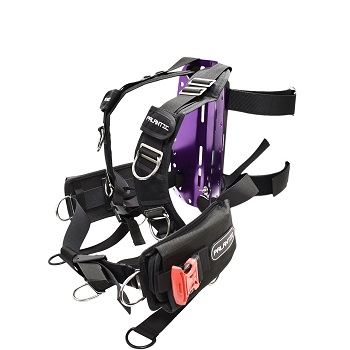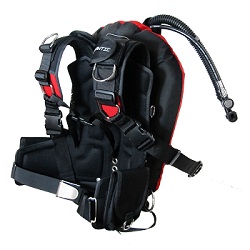30th Apr 2020
Technical Diving Tips for Beginners
It is no doubt that the vibrant life underwater is magical. The caves, reefs, and colorful corals make the ocean world more magical. If you want to explore the depths of the ocean, explore challenging reefs and caves, and then you might want to try technical diving.

Technical diving is a lot different than recreational diving. It requires the use of special gas mixtures and expertise. Unlike recreational diving, this type of underwater diving involves the use of backup system like a regulator, mask, computer, and buoyancy device. So, if you see one carrying several tanks and extra gear, then he or she is a technical diver.
Are you ready to be a technical diver?
Here are some beginners’ tips that you can try whether you are at home or on holiday:
Get physically fit – technical diving requires more equipment and longer hours underwater. Get your body and mind in shape as it demands heavier equipment and mental focus when technical diving emergencies occur.
Research – the Internet Is full of instructional and educational technical diving videos. Take advantage of reading free informative content and forums from legit technical diving schools, technical diving experts, and diving magazines.
Doing It Right - it is about identifying scuba diving key elements like standardization in diving equipment, teamwork, basic diving skills, and equipment configurations.
Diving instructor – look for the best diving instructor for you. Again, this involves good research skills. Research a diving instructor with a proven track record when it comes to activity and experience. Always opt for someone with years of experience and has never stopped adapting to new techniques.
Familiarize the equipment – before enrolling in any technical diving courses, it is best to understand the diving equipment options and principles. Also, do not forget to seek an expert’s advice before making any purchases to avoid wasting money. Keep an open mind and do not just go for “cool” brands.

Lastly, once confirmed by a technical diving expert, purchase the equipment; read the manual. Get familiar by wearing it, utilizing it in a pool, or during your recreational diving.
